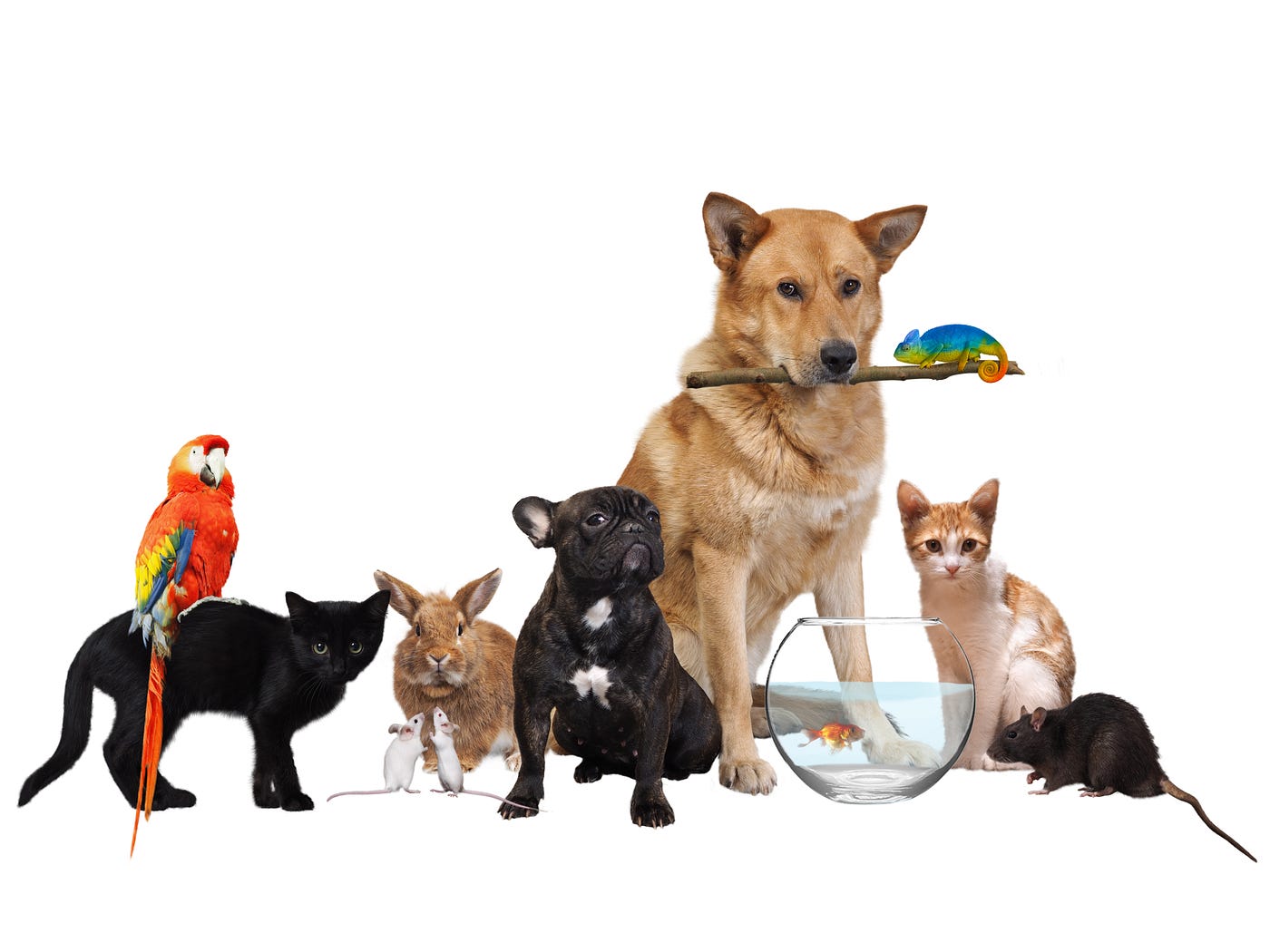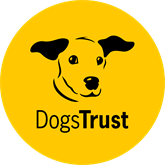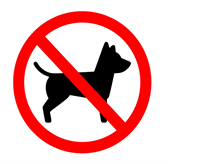Keeping pets
|
At Dover District Council's Housing Services, we are a team of animal lovers and appreciate that pets provide valuable companionship. They offer support, prevent loneliness and provide benefits for both your physical and mental health.
We have to balance our support of animal ownership with ensuring our homes are suitable, for the benefit and safety of the animals. We also have to consider neighbours and those who share space as animals can become a source of nuisance.
We expect all pet owners to be responsible, being a responsible pet owner means:
- making sure your pet is micro-chipped, please call 01304 872289 or book a microchipping appointment with DDC for a small fee.
- making sure your pet has enough exercise and entertainment.
- cleaning up after your pet at home and outside.
- making sure your pet is not causing a nuisance to neighbours.
|
 |
Can I keep a pet?
Whether you can keep a pet is determined by the type of Dover District Council property you live in:
- If you have a garden, you can keep a pet in your home as long as it does not cause a nuisance.
If you live in a home that does not have its own garden such as a flat you must get our permission to keep any pet that needs outdoor exercise.
- If you are moving to or living in sheltered housing, you must discuss keeping a pet with the Independent Living Team.
Please check with us before you purchase or accept a pet, to avoid disappointment.
If you are granted permission to have a pet you, your friends and relatives, and any other person living in or visiting the property (including children) must not:
- Keep any animal which has been classified as dangerous under the Dangerous Wild Animal Act 1976:
- Keep livestock (farm animals) at the property;
- Allow your pets to cause a nuisance, for example, fouling shared areas such as lifts, stairs and landings, or making too much noise such as barking; or
- Allow any animal you keep at the property to cause a nuisance to anyone in the local area, including Dover District Council employees. Please see this advice on dog training.
- If you live in a property with shared areas, you must exercise your pet away from the property.
You, your friends and relatives, and any other person living in or visiting the property (including children) will be responsible for providing and maintaining any fencing specifically needed to control your animal. For more information consult your tenancy agreement or read our Pet Policy.

Please read our full Pets Policy for guidance on how DDC manage pets in Housing Services.

Help and advice on dog training, behaviour, care and Dog School from The Dogs Trust experts.

As of January 2024 there are 5 banned dog breeds. Your tenancy agreement states that you must not keep any animal which has been classified as dangerous under the Dangerous Wild Animal Act 1976.
To keep
updated with the latest news and consultations about the housing for tenants service, please sign up to
Keep Me Posted and tick '
Housing For Tenants'.